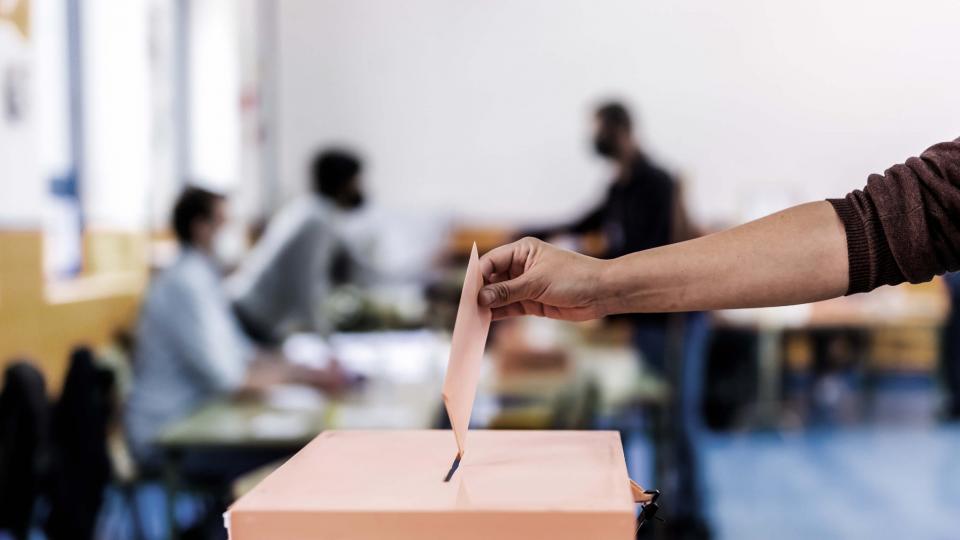
You may be eligible to vote. Every state and territory has different laws.

The information on this page is for people who have a felony conviction.
If you have a felony conviction, your voting rights may be restored. It depends on your state or territory laws and the details of your sentence. Contact your lawyer or court representative to confirm that you have completed your sentence and met the conditions of your release. You can also contact a local advocacy group that works with formerly incarcerated people. They often have lawyers available to help.
The Department of Justice’s (DOJ) Guide to State Voting Rules After a Criminal Conviction can help you understand your voting rights. The DOJ guide gives state-by-state information about specific crimes and other factors, such as probation and parole, that can affect your right to vote. The DOJ guide also includes information for people who have a conviction other than a felony, such as a misdemeanor or arrest.
Registering to vote before you are eligible to vote can result in criminal prosecution.
Every state and territory has different laws about voting after a felony conviction. Here you will find general guidance about your ability to vote after prison. There may be extra steps you need to take based on your conviction, felony offense, and other details specific to your scenario.